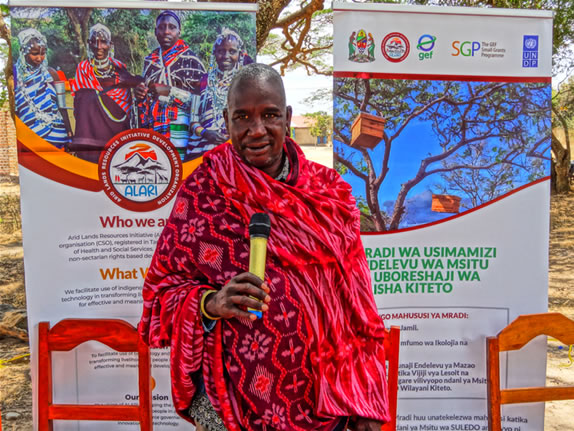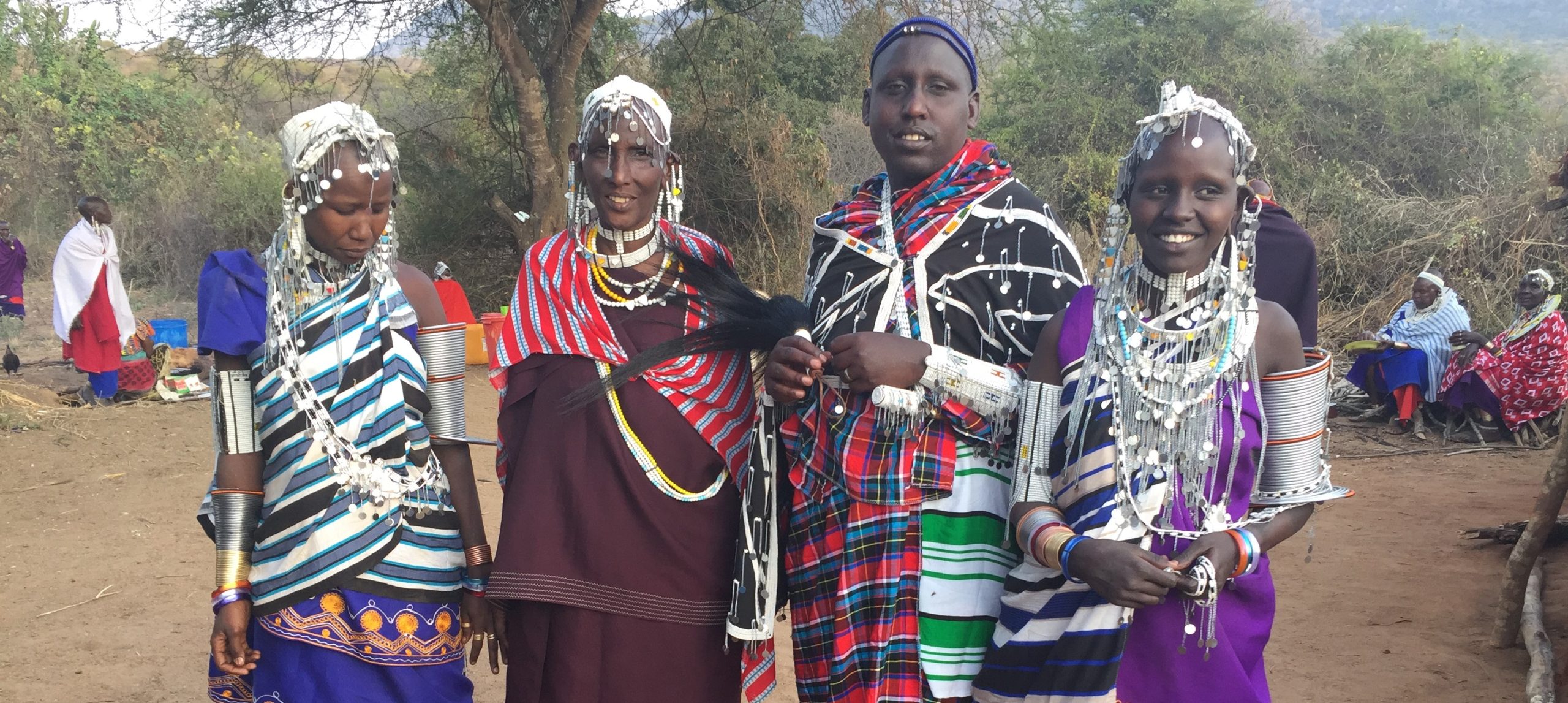
Development Education and Empowerment Programme (DEEP)
1. Operating Context
The setting of target areas of ALARI are inhabited prodominantly by agro-pastoralists and their livelihoods are frequently faced with and threatened by droughts, severe food insecurity, inadequate water for people and livestock, increasing levels of cereals and decreasing prices of livestock, increasing levels of poverty, threats from climate change and environmental vicissitudes.
ALARI adopted national and international development instruments as the framework for its social development programmes. These instruments include Tananzania Vision 2025 and the United Nations 2030 Agenda with its seventeen(17) Sustainable Development Goals (SDGs).
Adopting this framework and in order to ensure that no person is left behind, ALARI did baseline surveys and after validation workshops, came up the the conclusion: ” different of vulnerability require different types of development approaches and interventions” the necessitate active involvement of target communities, sensitisation and adopting a problem posing approach to training to reduce discrimination, while ensuring that people are included.
2: The central strategy that ALARI adopted is one of using the Freirian method in adult learning of engaging the target communities in the process of analysing their own situation, setting up priorities, and deciding which of the development challenges they face should be addressed first, followed by other felt needs.
In this approach and strategy ALARI uses the participatory resource assessment and problem posing in training (WORD = awareness creation) + ( DEED = people participating in their own development to ensure that communities are owners of both development processes and results/fruits of development).
3. Strategic Objectives
To Empower, create awareness and engage target Communities in Conscious, Active and Full Participation in their development Processes so as to become Masters of their own Situation, development, while creating their own Destiny.
To ensure that target communities Own both Development Processes and Fruits of Development.
4. Strategy:
The strategic approach adopted by ALARI and translated into community training includes the following strategic activities:
• To raise awareness through training, among members of communities in such a way that it will enable them to analyse their problems, determine their priorities and identify options/solutions that will lead to the fulfillment of the long term objective of their sustainable development.
• To mobilise the members of communities in such a way that they commit themselves to, become actively involved in and assume responsibility for the improvement of their own current and future well-being.
• To improve the analytical, practical, leadership and communication skills of development workers, government officials, and villagers, in order to improve their ability to manage community development projects and processes.
• To improve ALARI capacity of field workers, so that they are able to work effectively with communities as a change agents and facilitate the process of communities assessing their own development initiatives/projects progress, optimal use of resources and realise tangible results, outcomes and desired impact.
5. DEEP Outcomes
The development education and empowerment programme is expected to produce the follwoing outcomes:
Outcome 1: local communities aware about their own rights and participate actively and fully in their development.
Outcome 2: Local communities actively engaged in designing and participating their own development.
Outcome 3: Shared vision, goals and identified desired outcomes between ALARI and local communities; reducing areas of misunderstanding and false expectations.
Outcome 4: Clearly defined roles, responsibilities, activities and shared values
Outcome 5: Reduced development problems and increased development opportunities for growth for local communities
Outcome 6: Well documented life stories and a rich lesson learning for communities, ALARI and partners.


